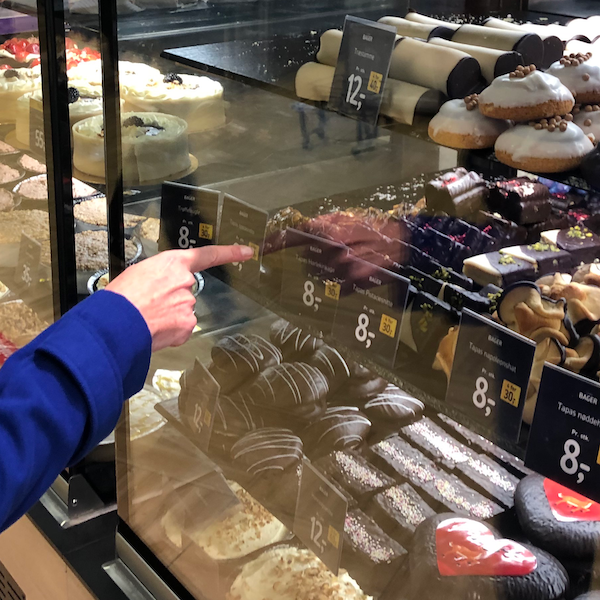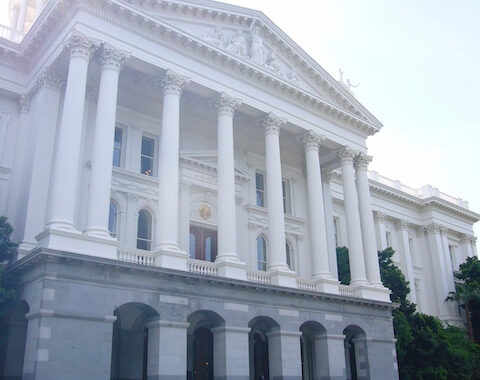
Child slaves on cocoa farms
The U.S. Supreme Court just ruled that “general corporate activity” does not in and of itself create jurisdiction for American federal courts to hear tort cases under the Alien Tort Statute (“ATS”). To plead facts sufficient to support a domestic application of the ATS, plaintiffs must allege more domestic conduct than the general corporate activity that is common to most corporations.
In the case involving Nestlé USA and Cargill, two major U.S. corporations, six individuals from Mali alleged that they were trafficked into Ivory Coast as child slaves to produce cocoa. The American companies do not own or operate cocoa farms in Ivory Coast, but they do buy cocoa from farms located there and provide those farms with technical and financial resources. However, “nearly all” the conduct alleged by plaintiffs to aid and abet forced labor occurred outside the U.S.
This particular legal outcome is not surprising after the Supreme Court’s similar findings in, for example, Kiobel and Jesner. The currently conservative Court is not in favor of courts adjudicating alleged violations of international law occurring overseas. Rather, it sees the executive and legislative branches as the primary governance entities in this context.
Good news in this context is two-fold: First, the Supreme Court did not “close the door” that is thus still “ajar” to domestic use of the ATS after prior cases found this to be the case. Second, five justices concluded that corporations should be treated no differently than natural persons for ATS purposes. This means that given sufficient domestic conduct in relation to the overseas torts, American courts may still be able to hear cases alleging, for example, child slavery, environmentally related torts, or other torts committed in other nations. This could be beneficial to plaintiffs as American courts are much more likely to award large sums of money to plaintiffs than the domestic courts of those same plaintiffs, many of whom reside(d) in developing nations.


